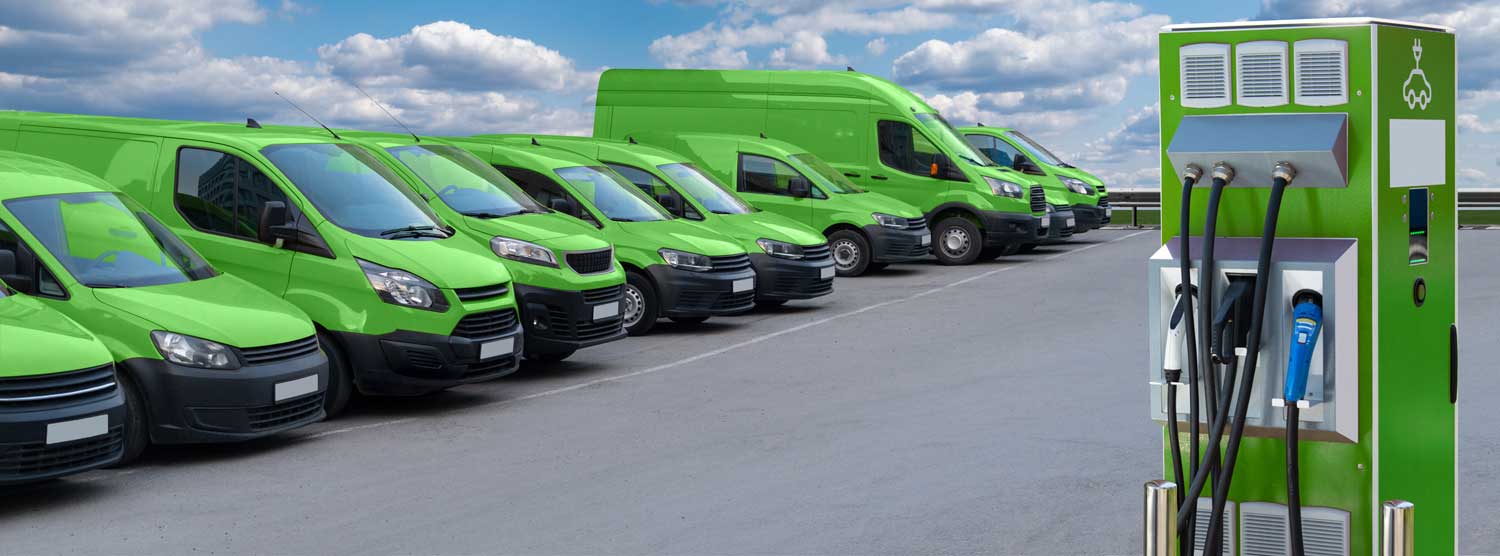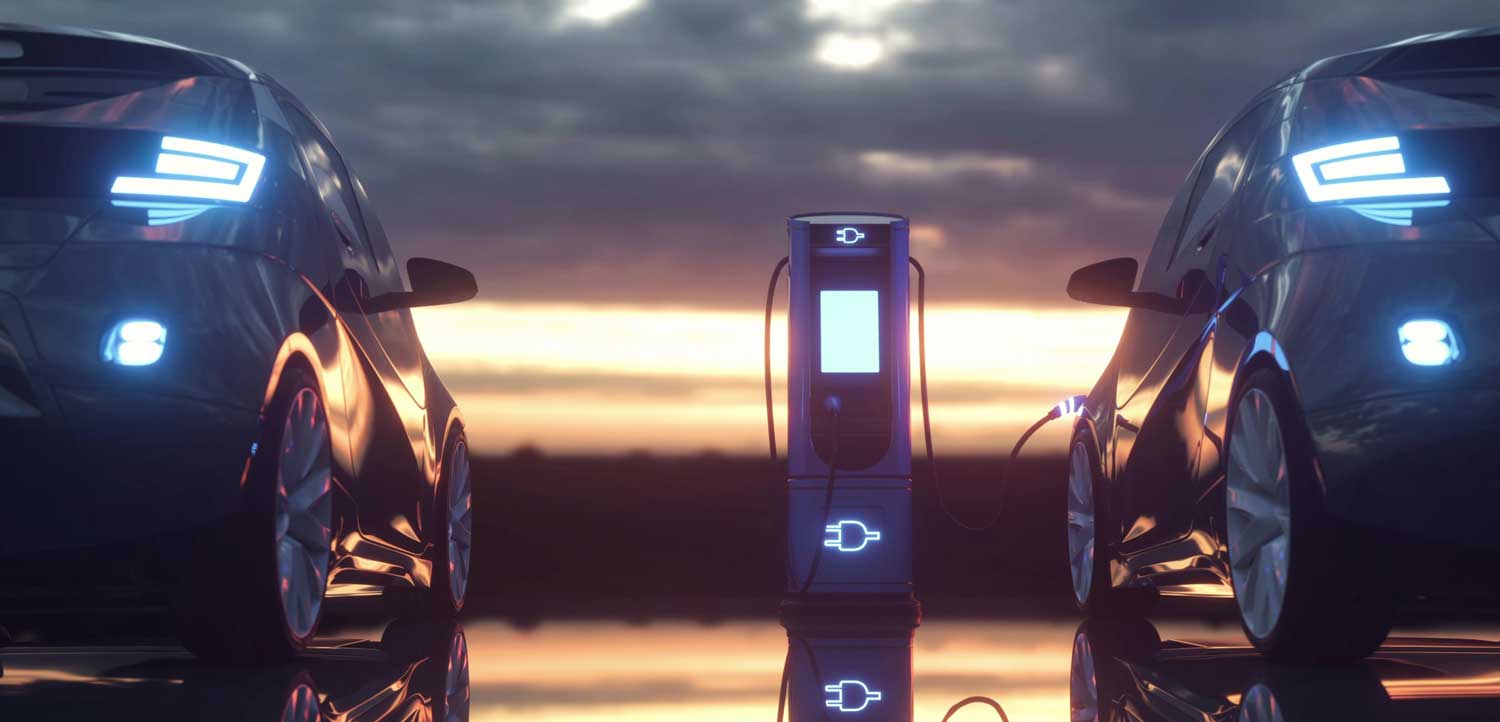The development of electric vehicle charging infrastructure has transformed from a corporate sustainability gesture into a vital boardroom matter which affects company finances (More info on: Commercial EV charger installation). For Irish businesses in 2025, installing EV chargers represents a rare opportunity to access generous tax incentives for EV chargers Ireland while positioning companies as forward-thinking employers in an increasingly competitive talent market.
SEAI grants combined with Accelerated Capital Allowances and Benefit-in-Kind relief enable CFOs to demonstrate financial advantages which reduce costs in the short term while delivering strategic benefits for their balance sheet in the long term. The 2025 time period stands as a vital period because EV charging infrastructure incentives will reach their highest points before upcoming policies start to decrease future benefits.
The Strategic Business Case for EV Charging Infrastructure
The development of electric vehicle charging infrastructure has transformed from a corporate sustainability gesture into a vital boardroom matter which affects company finances. For Irish businesses in 2025, installing EV chargers represents a rare opportunity to access generous tax incentives for EV chargers Ireland while positioning companies as forward-thinking employers in an increasingly competitive talent market.
SEAI grants combined with Accelerated Capital Allowances and Benefit-in-Kind relief enable CFOs to demonstrate financial advantages which reduce costs in the short term while delivering strategic benefits for their balance sheet in the long term. The 2025 time period stands as a vital period because EV charging infrastructure incentives will reach their highest points before upcoming policies start to decrease future benefits.
Ireland’s Comprehensive Tax Incentive Framework
Accelerated Capital Allowances: The Foundation Benefit
The Accelerated Capital Allowance (ACA) scheme stands as the largest tax incentive which Irish businesses can use to finance EV charger installations (More info on: Home Charger for Electric Cars). Unlike standard depreciation that spreads equipment costs over eight years, ACA allows companies to write off the cost of EV charging equipment entirely in the first year of purchase.
The 100% tax deduction enables businesses to claim full tax benefits for all expenses related to charging station hardware and installation, which leads to better financial performance (More info on: EV Charging Station Contractors – 8 Important Factors to Consider). For electric vehicle purchases , the ACA relief is capped at €24,000 per vehicle, but charging infrastructure faces no such limitations, provided equipment appears on the Sustainable Energy Authority of Ireland’s Triple E Register.
The tax benefits become available right after enrollment and produce major financial savings. The installation of workplace charging infrastructure through a €20,000 investment allows businesses to claim a €2,500 tax reduction through corporation tax relief at 12.5% and receive additional funding from SEAI grants for the same investment.
SEAI Workplace Charging Grant: Substantial Direct Support
The SEAI workplace charging grant offers businesses up to €5,000 per charge point, covering 60% of installation costs for EV charging infrastructure in employee car parks (More info on: EV Apartment Charging Grant). This represents a significant increase from previous schemes and can be combined with the ACA tax relief on remaining costs.
The SEAI grant application process leads to approval within 4-6 weeks, but businesses need to finish installation work with Safe Electric-approved contractors before requesting payment. The grant program supports different charging solutions, which include both standard 7kW units and high-powered stations for fleet vehicles.
Benefit-in-Kind Relief: Time-Critical Employee Benefits
BIK relief on electric vehicles provides a €10,000 reduction per vehicle in 2025, down from €20,000 in 2024. The tapering schedule establishes a sense of urgency for organisations that want to implement company electric cars or employee benefit programs.
The use of employer-provided charging stations by employees results in no Business Investment Allowance (BIK) tax liability for electricity consumption, which makes workplace charging an efficient tax benefit for employees. The €300 home charger grant enables employers to claim reimbursement for staff home chargers, which helps businesses improve employee benefits without creating tax liabilities.
CFO-Ready Financial Analysis: 2025 Examples
Small Business Implementation
Consider a professional services firm installing EV chargers for its growing number of electric vehicle-driving employees:
– Total price for two workplace charging stations: €4,000
– SEAI Workplace Grant (60%): €2,400
– Net cost after grant: €1,600
– ACA tax relief @ 12.5%: €200
– True investment: €1,400
The payback period extends beyond direct financial calculations to include significant intangible benefits. Within 18 months, businesses typically recover their investment through measurable employee retention savings, reduced recruitment costs, and improved corporate reputation that attracts both talent and customers.
Mid-Size Enterprise Strategy
A manufacturing organisation that implements fleet electrification with workplace charging systems proves that these solutions can work on a large scale:
– Installation of five charging points: €15,000
– SEAI grant support: €9,000 (60% coverage)
– Two company electric vehicles: €60,000 purchase price
– ACA relief on vehicles: €48,000 (€24,000 cap per vehicle)
– Total ACA tax savings: €6,750 on combined equipment and vehicles
– Annual BIK savings: €1,250 per employee receiving company EVs
When combining all available tax incentives for EV chargers in Ireland, the financial model approaches cost-neutrality while delivering substantial additional value through improved employee retention and strengthened corporate sustainability credentials.
Strategic Implementation Roadmap
First Quarter Actions
A successful EV charging project depends on performing complete needs assessments and submitting grant applications at the right time. Businesses need to perform surveys about employee EV ownership and analyse fleet transition duration and charging station locations before they can submit their SEAI applications.
The grant approval process requires complete site plans, installation cost projections and an electrical system power assessment. The SEAI uses a first-come, first-served system to distribute funding, so applying early allows you to access the most available funds.
Implementation Phase
Following grant approval, businesses must complete installation within six months using Safe Electric Ireland-registered contractors. The process of documentation stands as an essential requirement for both grant scheme requirements and ACA tax claim purposes.
The installation process needs to include provisions for future growth, renewable power system integration and smart charging technology that operates with time-of-use tariffs to reduce electricity costs. The implementation of home charging stations for employees needs more planning effort because it expands the company’s sustainability initiative to include personal vehicle charging.
Year-End Optimisation
The CT1 return needs to include ACA claims for corporation tax planning purposes, and professional accounting guidance helps achieve the highest possible benefit. The financial year-end installation of equipment by businesses allows them to claim full-year ACA relief, which makes Q4 installations the most tax-efficient choice.
Beyond Financial Incentives: Strategic Business Value
The financial advantages of tax incentives for EV chargers in Ireland are attractive, yet the strategic advantages reach further than short-term cost benefits. Organisations that establish EV charging stations achieve better employee satisfaction, improved recruitment results and enhanced corporate sustainability performance.
Businesses can meet current needs through charging infrastructure deployment while preparing for future regulatory changes. The adoption of electric vehicles in Ireland by 2030 will probably require commercial buildings to install the required EV charging stations. Organisations that start their business strategies early will get the most out of available incentives to reach superior performance.
Businesses that serve customers will increase their revenue through the installation of charging stations, which attract electric vehicle owners to their sites. The retail sector, restaurants, and hospitality services can differentiate their markets through fee-based revenue models.
Risk Management and Future Considerations
The 2025 window represents optimal timing for EV charging investments, but businesses must consider potential policy changes. BIK relief continues tapering through 2027, while SEAI grant funding operates under annual allocation limits that may reduce future availability.
Evolving technology favours scalable charging solutions designed to accommodate faster charging standards and higher power requirements. Investing in future-ready infrastructure prevents early obsolescence while maximising the value of current grant funding opportunities.
Safe Electric compliance requirements ensure installation safety and grant eligibility, but businesses should maintain comprehensive documentation for potential tax audits and grant scheme verification processes.
Taking Action in 2025
The installation of EV chargers in 2025 will generate financial advantages for CFOs and their finance teams through tax benefits and business advantages, which require no capital expenditure. The financial benefits of SEAI grants, when combined with ACA tax relief and BIK savings, help Ireland achieve its sustainable energy targets.
The business case includes elements which go beyond financial evaluation. Companies offering workplace EV charging solutions attract top talent, enhance employee satisfaction, and position themselves as industry leaders in corporate responsibility. The companies which start using electric vehicles will gain benefits that increase in power with each successive year.
The time period which generates the highest possible returns has become progressively shorter. The upcoming year 2025 stands as the most important time for action because of BIK relief reductions, grant funding restrictions and unclear policies. Businesses that want to install EV charging stations need to start their grant applications right now because Ireland offers its best EV charging incentives, which will disappear when new policies take effect.
Business leaders need to focus on the speed of implementing complete EV charging solutions because they already understand the necessity of EV charger installation.
Related search terms: electric vehicle grants, EV grants, grants and incentives, incentives for EV charging, Sustainable Energy Authority of ireland, EV adoption, install chargers, fully electric, maximum grant, eligible for a grant, high-powered charging points, EV charging network, vehicle registration tax, annual motor tax, battery electric vehicle, hybrid electric vehicles, installing an EV, zero emission vehicles ireland



